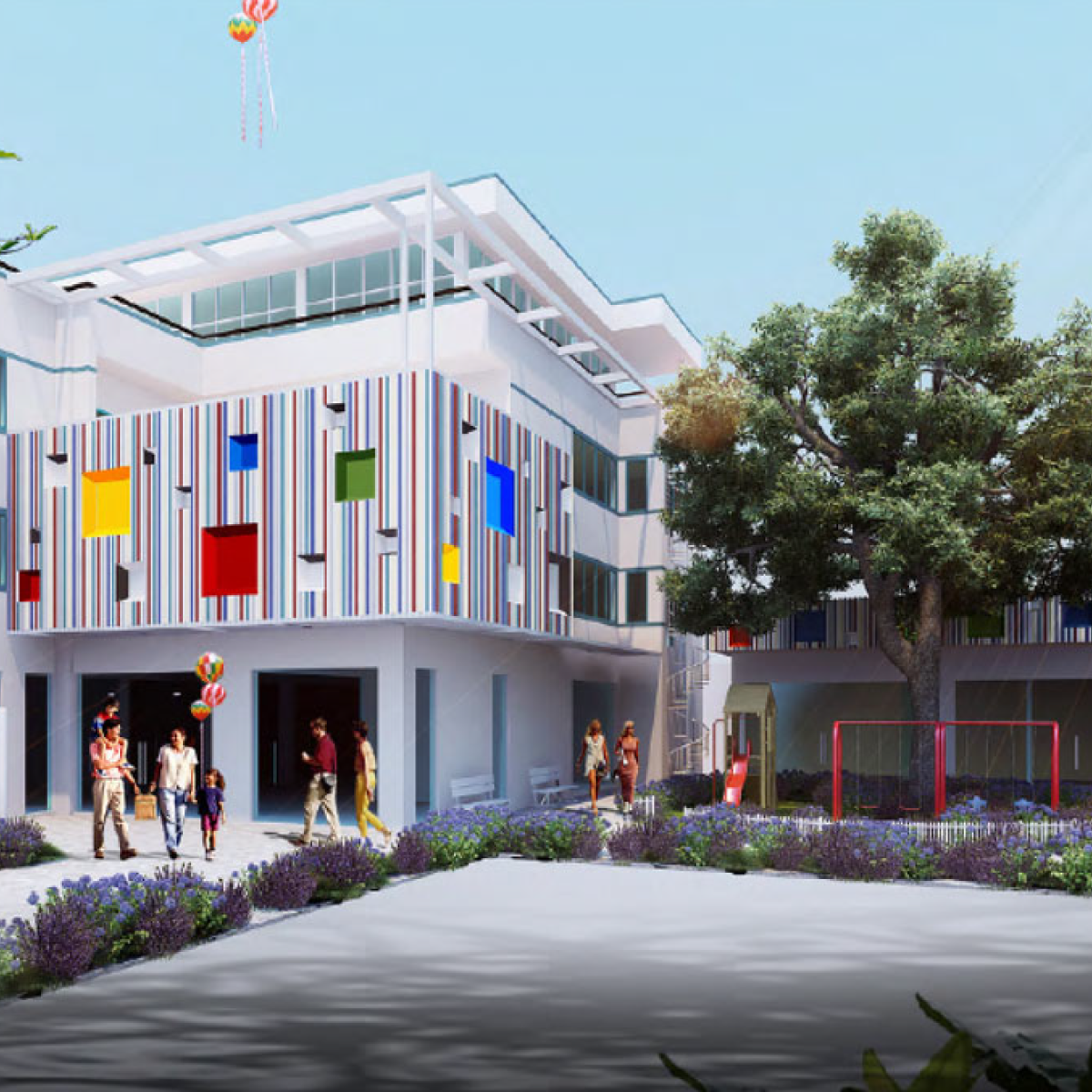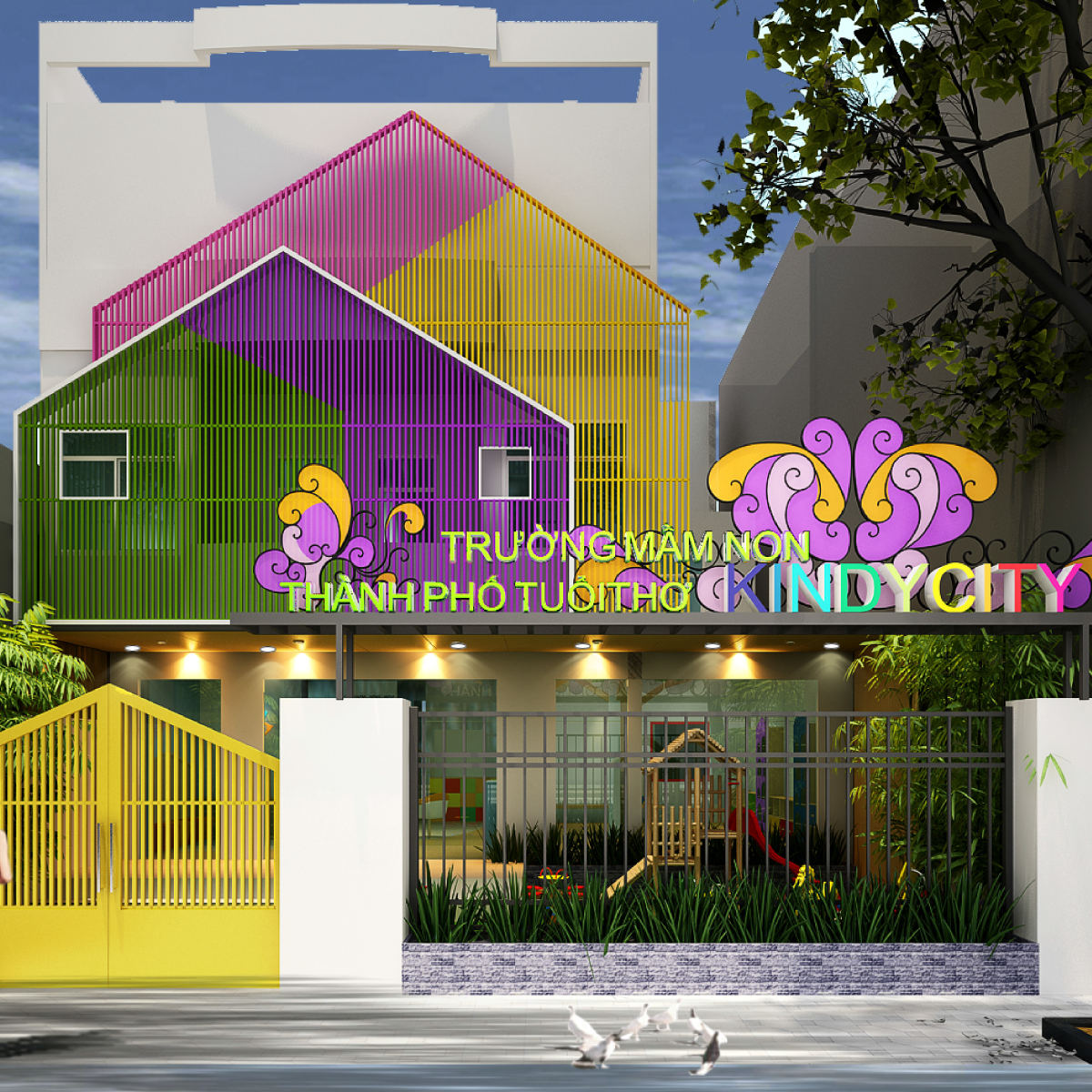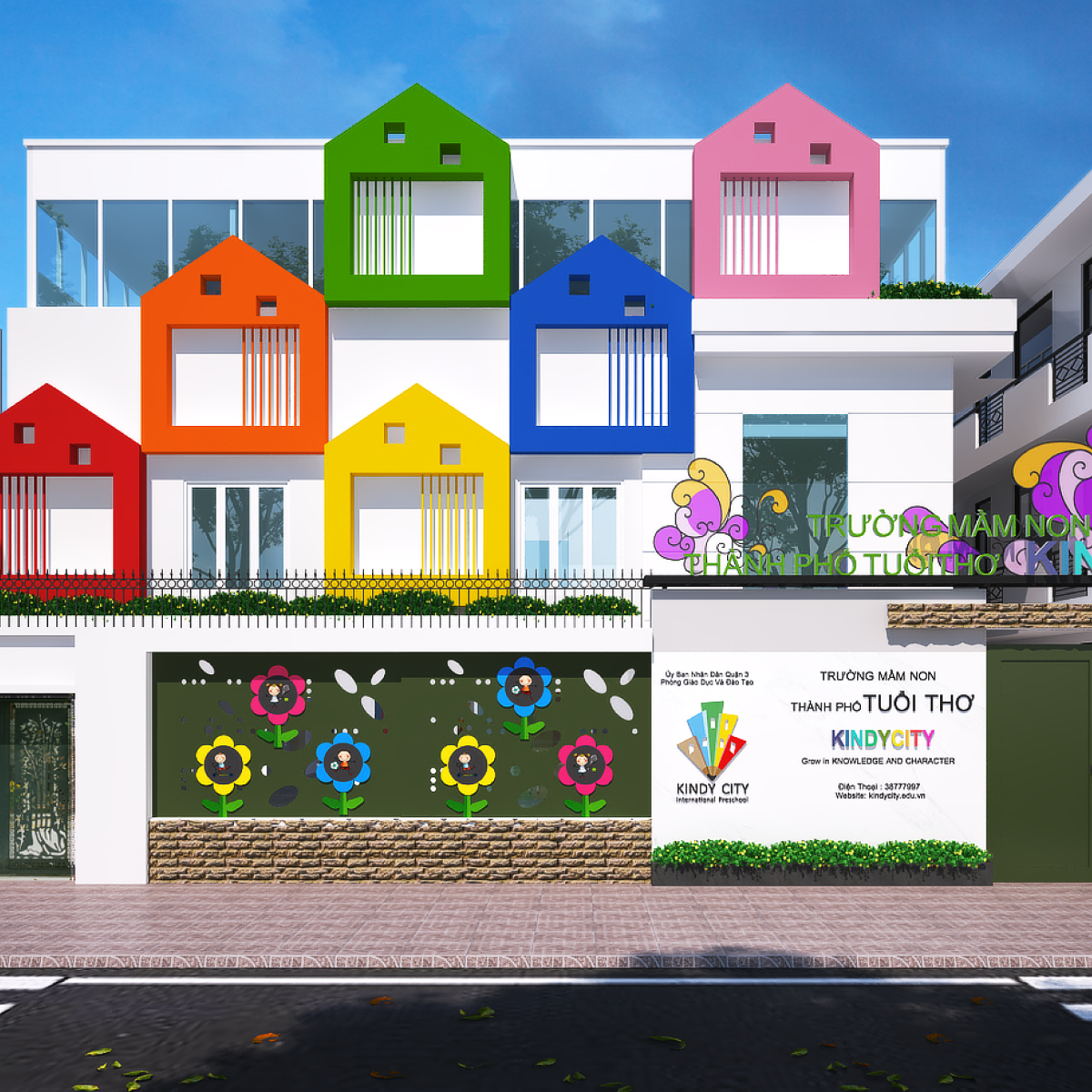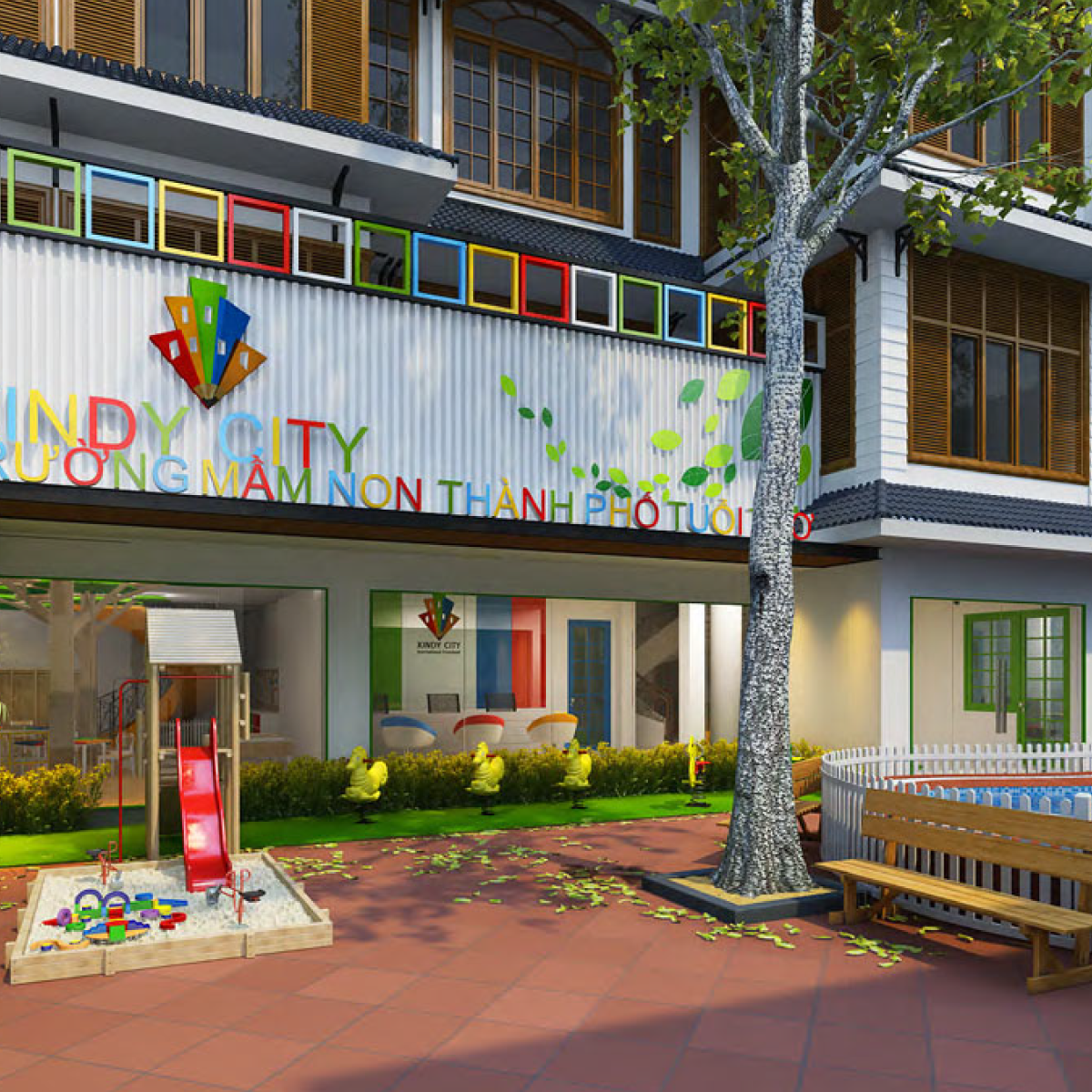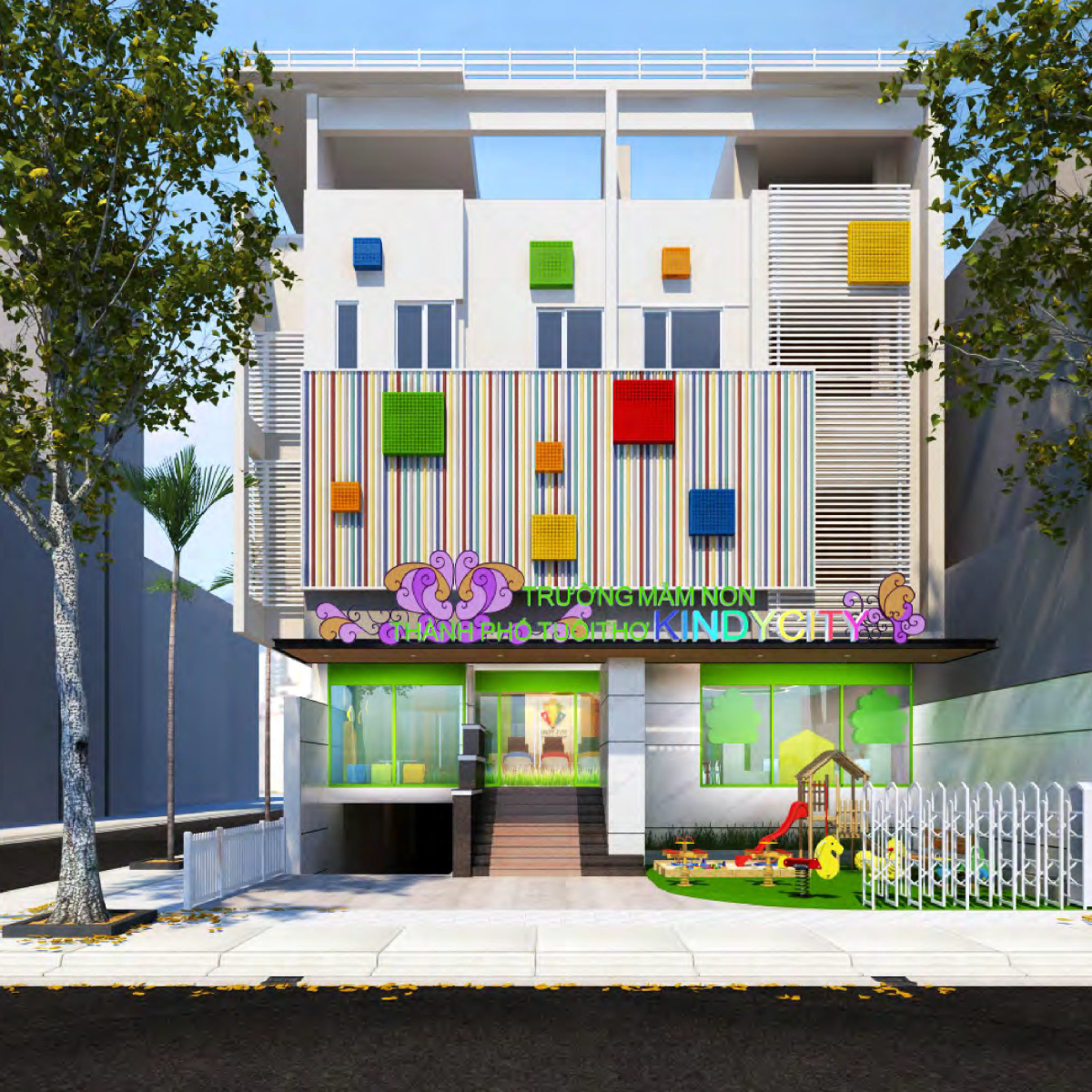The preschool years – ages 2-5 – are a special time when young children begin to learn and shape their characters. Therefore children at this age group should be nurtured through activities aiming at fostering their habits to learn and to behave well. Above all, they should learn gradually to be independent, confident and responsible for themselves as well as for people around them. To this end, the school is committed to applying the following principles, pointed out by the Creative Curriculum System, as the guidelines for all kinds of learning programs and development activities.
PRINCIPLE 1:
POSITIVE INTERACTIONS AND RELATIONSHIPS WITH TEACHERS PROVIDE A CRITICAL FOUNDATION FOR SUCCESSFUL LEARNING
Children learn best when they are living and learning in a loving and caring environment. They naturally shape living values via the affection they receive from adults. Classroom activities should be organized as a community in which children learn, with scaffolding, in interaction and collaboration with each other and with their teachers.
PRINCIPLE 2:
SOCIAL-EMOTIONAL COMPETENCE IS A SIGNIFICANT FACTOR IN SCHOOL SUCCESS
Social competence is the ability to build positive relationships with others, namely, sharing, cooperating, consoling and helping others. Findings from The National Research Council and Institute of Medicine inthe US show that when social competence is developed, children will become self-regulating, independent, self-controlling and begin to take initiatives in learning. Preschool teachers should therefore be modeling actors who directly shape and nurture social competence in young children.
PRINCIPLE 3:
CONSTRUCTIVE, PURPOSEFUL, PLAY SUPPORTS ESSENTIAL LEARNING.
According to Jean Piaget, the renowned Swiss psychologist, play serves as an excellent vehicle for developing logical thinking and such skills as observing, comparing, sorting, sequencing and selecting. At constructive and purposeful play, with the modeling roles of teachers and peers, children develop and enhance both their learning and social skills.
PRINCIPLE 4:
THE PHYSICAL ENVIRONMENT AFFECTS THE TYPE AND QUALITY OF LEARNING INTERACTIONS
The high quality of the physical environment- including all the learning materials and facilities, does not only contribute positively to the learning outcomes but also makes children feel a sense of belonging, an awareness of being in the here and now, and more importantly, helps to build and shape their identity, with personal images or experiences of becoming.
PRINCIPLE 5:
TEACHER-FAMILY PARTNERSHIPS PROMOTE DEVELOPMENT AND LEARNING
Families are often regarded as children’s first and most influential teachers. Understanding the values and cultures of families from parents enables teachers to know more about the children. Developing positive teacher-family relationships regarding children’s progress must be reciprocal and characterized by cooperation, mutual respect and responsibility. Any forms of parents’ participation and contribution to the school activities should always be, as we believe, encouraged and supported, which is a way to create synergy for enhancing teaching and learning quality.






